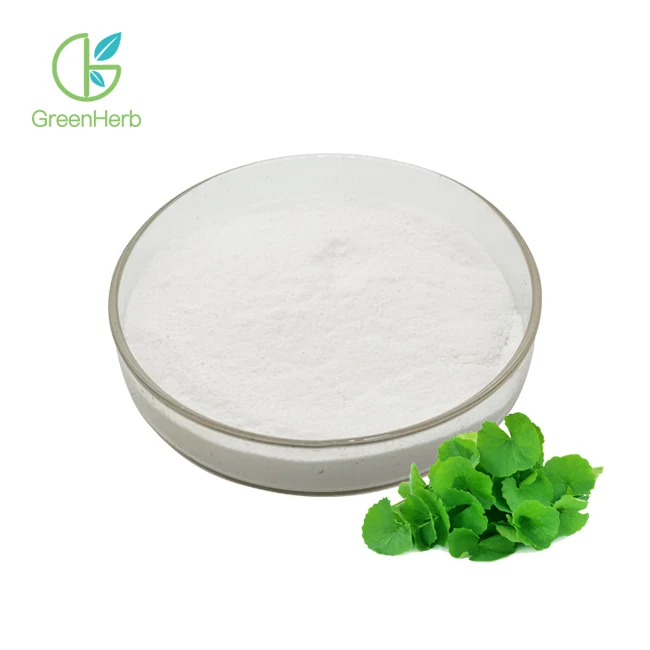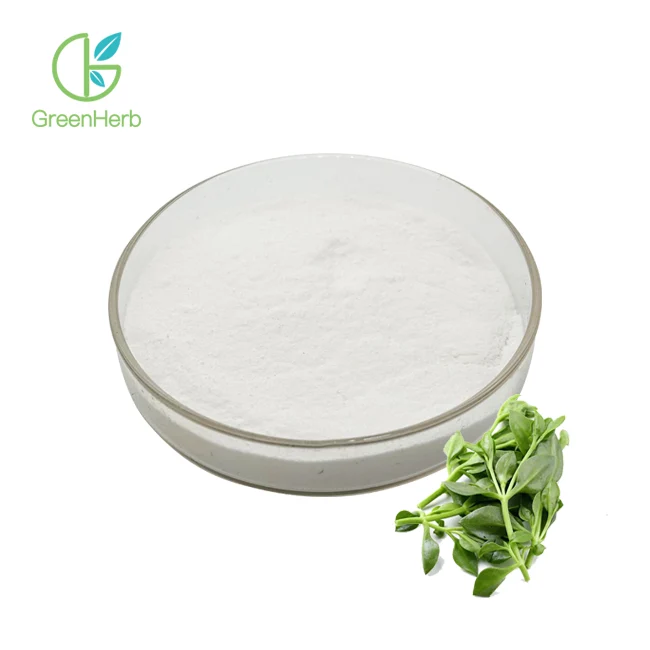- English
- French
- German
- Portuguese
- Spanish
- Russian
- Japanese
- Korean
- Arabic
- Greek
- German
- Turkish
- Italian
- Danish
- Romanian
- Indonesian
- Czech
- Afrikaans
- Swedish
- Polish
- Basque
- Catalan
- Esperanto
- Hindi
- Lao
- Albanian
- Amharic
- Armenian
- Azerbaijani
- Belarusian
- Bengali
- Bosnian
- Bulgarian
- Cebuano
- Chichewa
- Corsican
- Croatian
- Dutch
- Estonian
- Filipino
- Finnish
- Frisian
- Galician
- Georgian
- Gujarati
- Haitian
- Hausa
- Hawaiian
- Hebrew
- Hmong
- Hungarian
- Icelandic
- Igbo
- Javanese
- Kannada
- Kazakh
- Khmer
- Kurdish
- Kyrgyz
- Latin
- Latvian
- Lithuanian
- Luxembou..
- Macedonian
- Malagasy
- Malay
- Malayalam
- Maltese
- Maori
- Marathi
- Mongolian
- Burmese
- Nepali
- Norwegian
- Pashto
- Persian
- Punjabi
- Serbian
- Sesotho
- Sinhala
- Slovak
- Slovenian
- Somali
- Samoan
- Scots Gaelic
- Shona
- Sindhi
- Sundanese
- Swahili
- Tajik
- Tamil
- Telugu
- Thai
- Ukrainian
- Urdu
- Uzbek
- Vietnamese
- Welsh
- Xhosa
- Yiddish
- Yoruba
- Zulu
Is Fava Bean Protein a Key Player in Plant-Based Nutrition?
As global dietary preferences shift toward healthier and more sustainable options, plant-based proteins are gaining prominence. Among these alternatives, fava bean protein is emerging as a significant contender, offering excellent nutritional value and a variety of culinary uses. This article explores the benefits of fava beans, their positive environmental impact, and their increasing role in the food industry.

Nutritional Profile of Fava Beans
Fava beans, also known as broad beans, have been integral to diets, especially in Mediterranean and Middle Eastern regions. These legumes are becoming popular for their remarkable protein content, making them an excellent choice for individuals seeking alternatives to meat. Notably, fava bean protein is classified as a complete protein, containing all nine essential amino acids necessary for muscle repair and immune function.
In addition to protein, fava beans are rich in essential nutrients. They are an excellent source of dietary fiber, promoting digestive health and maintaining a healthy gut. Fava beans also provide vital vitamins, including folate and B vitamins, as well as important minerals like iron, magnesium, and potassium. This nutrient profile makes them a valuable addition to any diet, particularly for those following vegetarian or vegan lifestyles.
Health Benefits of Fava Bean Protein
Incorporating fava bean protein into your diet can lead to several health advantages. Diets high in plant-based proteins are linked to a lower risk of chronic diseases, including heart disease and diabetes. The fiber in fava beans contributes to reducing cholesterol levels, crucial for heart health.
Fava beans are also a great source of iron, which can be particularly beneficial for those on plant-based diets. They help support red blood cell production, preventing anemia and ensuring adequate oxygen transport throughout the body.
Additionally, the combination of protein and fiber in fava beans enhances satiety, helping individuals manage their weight effectively. This characteristic makes fava beans a smart choice for anyone aiming to adopt healthier eating habits.

Environmental Impact and Sustainability
The environmental benefits of fava bean cultivation are notable, especially compared to traditional animal farming. Fava beans are nitrogen-fixing plants, naturally enriching the soil by converting atmospheric nitrogen into a usable form. This reduces the need for synthetic fertilizers, which can harm ecosystems.
Moreover, fava beans require less water than many animal protein sources, making them an eco-friendly option, particularly in areas facing water scarcity. As the world addresses pressing environmental issues, the role of plant-based foods like fava beans becomes increasingly vital for promoting sustainable agricultural practices.
By substituting animal protein with fava bean protein, individuals can significantly reduce their carbon footprint and contribute to a more sustainable food system. This shift benefits personal health and addresses broader environmental challenges.
Expanding Use in the Food Industry
The versatility of fava bean protein has led to its growing popularity in the food industry. Its mild flavor and smooth texture allow it to be incorporated into various products, including protein powders, snacks, and meat alternatives. Many companies are now using fava beans to create plant-based meats that closely mimic traditional options, providing nutritious and sustainable choices for consumers.
Fava beans are also finding their way into dairy alternatives. The protein-rich nature of fava bean milk and yogurt offers appealing substitutes for those seeking non-dairy options. Compared to other plant-based milks, such as almond or oat, fava bean alternatives often provide higher protein levels, catering to health-conscious consumers.

Challenges and Future Prospects
Despite the many advantages of fava bean protein, challenges remain regarding its broader acceptance. One concern is the presence of compounds like vicine and convicine, which can cause adverse reactions in individuals with a rare genetic disorder known as favism. Ongoing research focuses on reducing these issues through better processing methods and breeding techniques.
Additionally, increasing consumer awareness is essential for expanding the market presence of fava beans. While they are well-known in certain regions, they remain unfamiliar to many others. Educating consumers about the numerous health and environmental benefits associated with fava bean protein will be crucial.
Looking ahead, the future of fava bean protein appears promising as advancements in food technology and a growing demand for plant-based options converge. The unique nutritional benefits and environmental advantages position fava beans as a valuable ingredient for both individuals and food manufacturers. As more people explore the versatility of fava beans, demand is expected to rise significantly.

Conclusion
Fava bean protein stands out as a valuable addition to the plant-based nutrition landscape, offering various health benefits and significant contributions to sustainability. Its rich protein content, adaptability in various food products, and positive environmental impact make it an excellent choice for diversifying protein sources.
Incorporating fava bean protein into diets and food production can help address critical global challenges related to health and environmental sustainability. With its exceptional combination of attributes, fava beans are poised to play a pivotal role in shaping the future of food.
IF You Are Interested In The Products We Operate And Other Related Categories, Please Write To Us And Contact Us. At The Same Time, You Can Also Browse Our Website To Find The Products You Want. We Provide Customized Services And Look Forward To Establishing Cooperation With You.
Email:sales@greenherbbt.com








